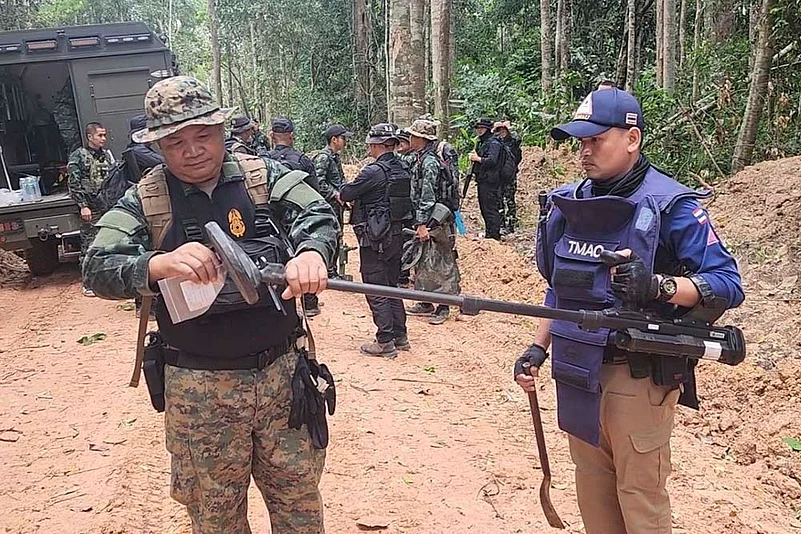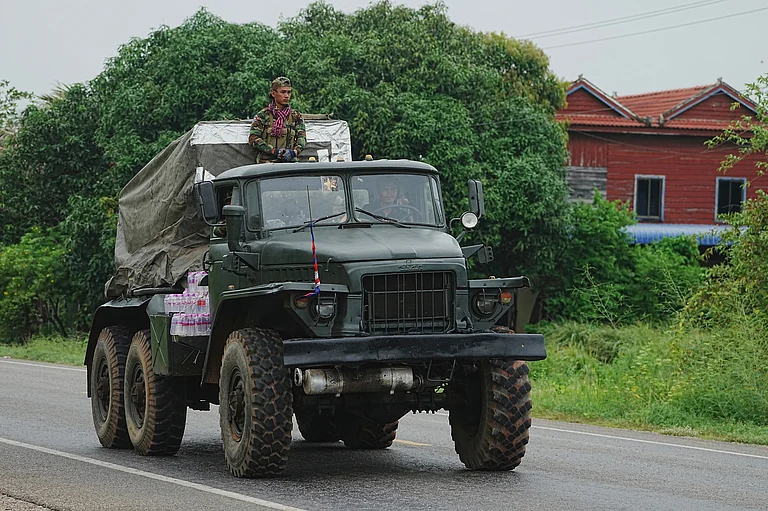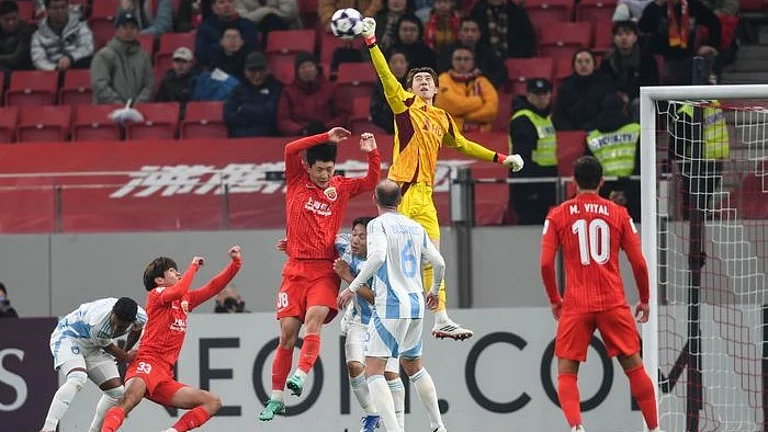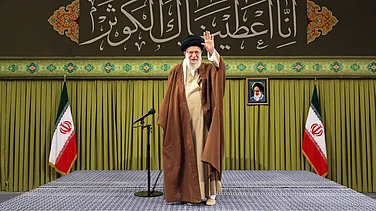
Ceasefire had violated hours after taking effect; both sides accuse each other of firing.
China mediates informal meeting in Shanghai to stabilise situation.
Over 260,000 displaced; some return as tensions ease along border.
Thailand and Cambodia on Wednesday reaffirmed their commitment to a ceasefire agreement following fresh fighting along their shared border, after China stepped in to mediate at an informal meeting in Shanghai.
According to Associated Press, the ceasefire, brokered earlier in Malaysia with backing from the United States, was meant to take effect from midnight on Monday. But within hours, the Thai military accused Cambodian troops of launching attacks in several areas early on Tuesday. Cambodia denied any exchange of fire, though the Thai side reported further gunfire Wednesday morning, without the use of heavy weapons.
Thailand’s Foreign Ministry issued a statement on Wednesday morning, calling the situation a “clear violation of the ceasefire agreement by Cambodian forces and their apparent lack of good faith”.
Later in the day, however, the two sides appeared to ease tensions.
Representatives from both countries met with China’s Vice Foreign Minister Sun Weidong in Shanghai and were seen smiling for photographs. Cambodia was represented by Kung Phaok, Secretary of State in the Ministry of Foreign Affairs, and Thailand by Jullapong Nonsrichai, executive advisor to its Foreign Minister.
According to China’s Ministry of Foreign Affairs, both Cambodia and Thailand reiterated their “commitment to the ceasefire consensus and expressed appreciation for China’s positive role in de-escalating the situation”. The meeting was described as part of China’s ongoing diplomatic efforts to help resolve the border dispute.
The recent flare-up began last Thursday, when a land mine explosion along the contested border injured five Thai soldiers. Tensions had been simmering since May, after a Cambodian soldier was killed in a confrontation that caused a diplomatic rift and stirred political debate in Thailand.
The ceasefire was agreed upon on Monday by Cambodian Prime Minister Hun Manet and Thailand’s acting Prime Minister Phumtham Wechayachai during a meeting hosted by Malaysian Prime Minister Anwar Ibrahim in his capacity as ASEAN chair. Anwar called the agreement a “vital first step towards de-escalation and the restoration of peace and security”.
The United States also welcomed the development. “President (Donald) Trump and I are committed to an immediate cessation of violence and expect the governments of Cambodia and Thailand to fully honour their commitments to end this conflict,” U.S. Secretary of State Marco Rubio said in a statement.
According to Associated Press, Hun Manet said Trump had phoned him on Tuesday to offer congratulations. In a social media post, he said the U.S. president pledged to join the ceasefire monitoring process, along with Malaysia.
Thailand, meanwhile, said it had raised concerns with Malaysia, the United States, and China about Cambodia’s alleged ceasefire violations.
By Wednesday, conditions along the border had begun to stabilise. Some of the more than 260,000 people displaced by the fighting were returning home, although many remained in temporary shelters.
(With inputs from AP)




























